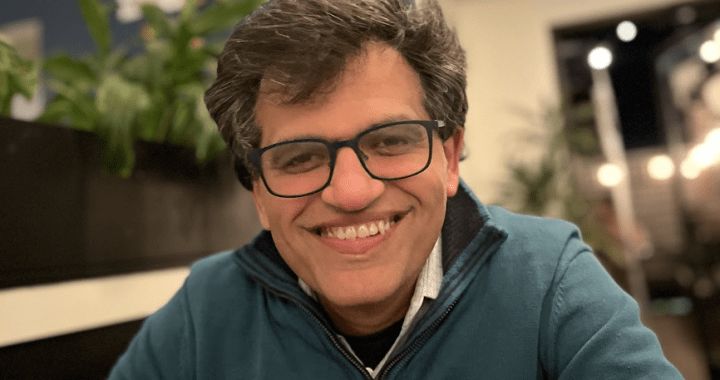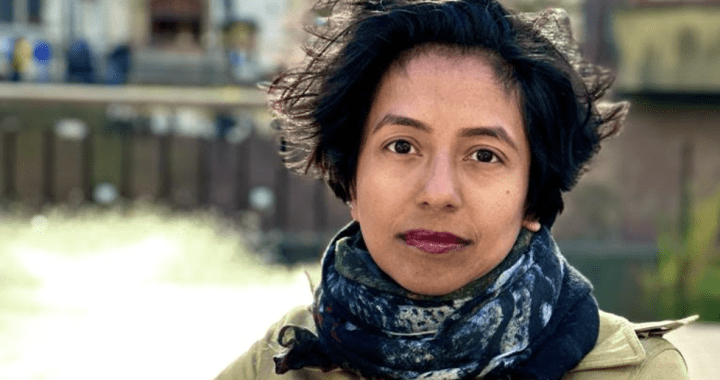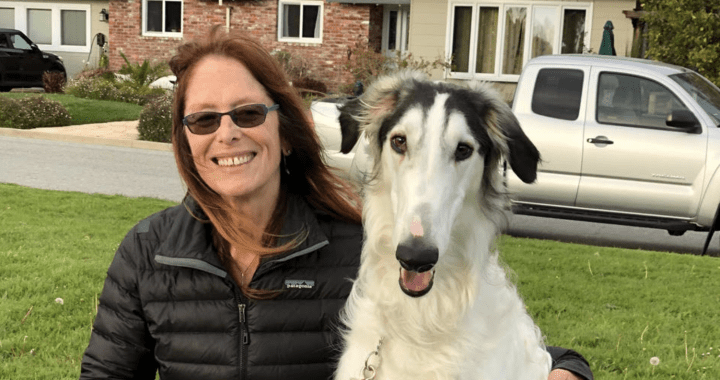Co-sponsored by Creative Technologies
What can criticism offer us in a world of unruly generative images and synthetic media? What precise language might we use for machine learning’s impact, or the wake of an algorithm? How must our practices of discernment and the critical impulse evolve in response to computational developments, to perhaps be more resilient and responsive?
This talk invites one to consider how our language might move with ‘intelligent’ systems and beings that simulate liveness and likeness. To navigate a present and future dominated by synthetic media, and created by predictive systems, we take up a practice of seeing through systems. This talk first explores the craft of developing a hybrid, strategic, collective and dissident criticism of technology. It second reviews cases of baffling, seemingly inarticulable experiences from early software experiments and artists’ interventions, into AI/ML. Third, it explores the evolution of language in response to material and symbolic systems that dramatically shape our creative approaches and cognition. Throughout, the talk explores evolving critical methods that help us better situate ourselves to identify a vast range of hidden fictions and beliefs about what technology is meant to do and be.
Nora N. Khan is an independent critic, essayist, curator, and educator based in Los Angeles. Her writing on philosophy of AI and emerging technologies is referenced heavily across fields. Formally, this work attempts to theorize the limits of algorithmic knowledge and locate computation’s influence on critical language. She is currently History and Theory faculty at SCI-Arc; previously she was Arts Council Professor at UCLA in Design Media Arts (2024-2025), and professor in Digital + Media at Rhode Island School of Design, where she was nominated for the John R. Frazier Award for Excellence in Teaching (2018-2021). Her books are AI Art and the Stakes for Art Criticism (2025), Seeing, Naming, Knowing (2019) and Fear Indexing the X-Files (2017), with Steven Warwick. She is a member of the Curatorial Ensemble of the 2026 edition of Counterpublic, one of the nation’s largest public civic exhibitions, focused next on ‘Near Futures’. She was the Co-Curator with Andrea Bellini of the Biennale de L’Image en Mouvement 2024, A Cosmic Movie Camera, hosted by Centre d’Art Contemporain Genève, and also curated Manual Override at The Shed (2020).
Featured Image: Alexa Viscius.
Date | Time
November 5, 2025 | 12:15 PM – 1:30 PM [PST]
Free and open to the public
Venue | Location
Humanities Building 1, Room 210
University of California, Santa Cruz









